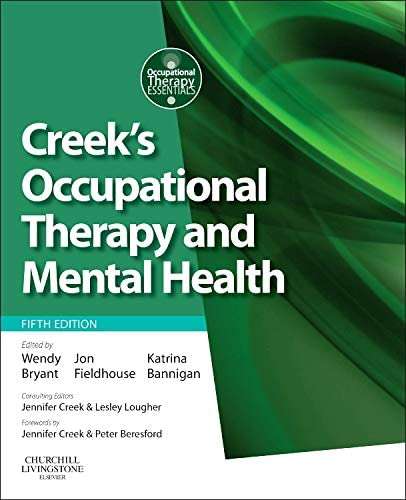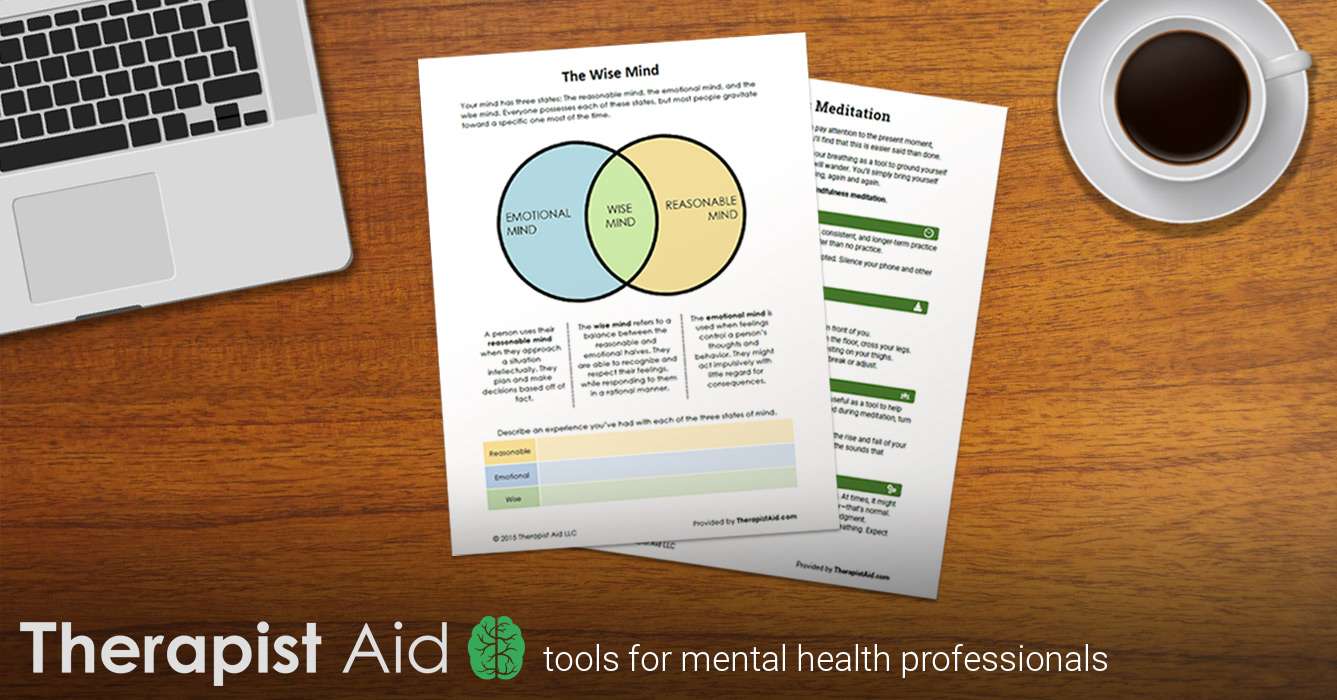This book is a comprehensive textbook for occupational therapy students and occupational therapists working in the field of mental health. It presents different theories and approaches, outlines the occupational therapy process, discusses the context of practice and describes a wide range of techniques used by occupational therapists. These include physical activity, cognitive approaches, group work, creative activities, play and life skills. The book covers all areas of practice in the field, including mental health promotion, acute psychiatry, community work, severe and enduring mental illness, working with older people, child and adolescent mental health, forensic occupational therapy, substance misuse and working with people on the margins of society.
The theory chapters are written by occupational therapists who are recognised experts in their fields and the applied chapters are written by practitioners. An innovation in this edition is the inclusion of commentaries by service users on some of the chapters.
This fourth edition has been extensively revised and updated. The new structure reflects changes in service delivery and includes sections on:
philosophy and theory basethe occupational therapy processensuring qualitythe context of occupational therapyoccupationsclient groups.
philosophy and theory basethe occupational therapy processensuring qualitythe context of occupational therapyoccupationsclient groups.
Important new areas that are covered include mental health promotion, evidence-based practice, community development and continuing professional development.
Addresses the needs of the undergraduate course – covers all the student needs for this subject area in one volume.Links between theory and practice are reinforced throughoutWritten by a team of experienced OT teachers and practitionersComprehensive – covers theory, skills and applications as well as managementThe clear structure with the division of chapters into six distinct sections makes it easy to learn and revise from as well as easy to refer to for quick reference in the clinical situation.Provides key reading and reference lists to encourage and facilitate more in-depth study on any aspect.It is written in a style that is easy to read and understand; yet there is enough depth to take students through to their final year of education. Chapters on the application of occupational therapy are written by practising clinicians, so they are up-to-date and realistic. For qualified occupational therapists, the book includes a review of current theories and approaches to practice, with references so that they can follow up topics of particualr interest.Suitable for BSc and BSc (Hons) occupational therapy courses.
Addresses the needs of the undergraduate course – covers all the student needs for this subject area in one volume.Links between theory and practice are reinforced throughoutWritten by a team of experienced OT teachers and practitionersComprehensive – covers theory, skills and applications as well as managementThe clear structure with the division of chapters into six distinct sections makes it easy to learn and revise from as well as easy to refer to for quick reference in the clinical situation.Provides key reading and reference lists to encourage and facilitate more in-depth study on any aspect.It is written in a style that is easy to read and understand; yet there is enough depth to take students through to their final year of education. Chapters on the application of occupational therapy are written by practising clinicians, so they are up-to-date and realistic. For qualified occupational therapists, the book includes a review of current theories and approaches to practice, with references so that they can follow up topics of particualr interest.Suitable for BSc and BSc (Hons) occupational therapy courses.
Now in its fifth edition, this seminal textbook for occupational therapy students and practitioners has retained the comprehensive detail of previous editions with significant updates, including the recovery approach informed by a social perspective. Emerging settings for practice are explored and many more service users have been involved as authors, writing commentaries on 14 chapters.
All chapters are revised and there are also new chapters, such as mental health and wellbeing, professional accountability, intersectionality, green care and working with marginalized populations. Chapter 11 is written by two people who have received occupational therapy, examining different perspectives on the experience of using services.
This edition is divided into clear sections, exploring theory and practice issues in detail. The first section covers the historical, theoretical and philosophical basis for occupational therapy in the promotion of mental health and wellbeing. The second section examines the occupational therapy process, followed by a third section on ensuring quality in contemporary practice. The fourth section offers insights into issues arising from the changing contexts for occupational therapy including an analysis of the implications for occupational therapy education. The fifth section has eight chapters on specific occupations that can be applied across the varied settings which are covered in the sixth and final section.
Occupational Therapy and Mental Health is essential reading for students and practitioners across all areas of health and/or social care, in statutory, private or third (voluntary) sectors, and in institutional and community-based settings.
- Presents different theories and approaches
- Outlines the occupational therapy process
- Discusses the implications of a wide range of practice contexts
- Describes a broad range of techniques used by occupational therapists
- Provides many different perspectives through service user commentaries
- Coverage of trust as part of professional accountability, leadership, green care, ethical practice using a principled approach
- Additional and extended service user commentaries
- An editorial team selected and mentored by the retired editors, Jennifer Creek and Lesley Lougher
Now in its fifth edition, this seminal textbook for occupational therapy students and practitioners has retained the comprehensive detail of previous editions with significant updates, including the recovery approach informed by a social perspective. Emerging settings for practice are explored and many more service users have been involved as authors, writing commentaries
Now in its fifth edition, this seminal textbook for occupational therapy students and practitioners has retained the comprehensive detail of previous editions with significant updates, including the recovery approach informed by a social perspective. Emerging settings for practice are explored and many more service users have been involved as authors, writing commentaries on 14 chapters.
All chapters are revised and there are also new chapters, such as mental health and wellbeing, professional accountability, intersectionality, green care and working with marginalized populations. Chapter 11 is written by two people who have received occupational therapy, examining different perspectives on the experience of using services.
This edition is divided into clear sections, exploring theory and practice issues in detail. The first section covers the historical, theoretical and philosophical basis for occupational therapy in the promotion of mental health and wellbeing. The second section examines the occupational therapy process, followed by a third section on ensuring quality in contemporary practice. The fourth section offers insights into issues arising from the changing contexts for occupational therapy including an analysis of the implications for occupational therapy education. The fifth section has eight chapters on specific occupations that can be applied across the varied settings which are covered in the sixth and final section.
Occupational Therapy and Mental Health is essential reading for students and practitioners across all areas of health and/or social care, in statutory, private or third (voluntary) sectors, and in institutional and community-based settings.
Presents different theories and approaches Outlines the occupational therapy process Discusses the implications of a wide range of practice contexts Describes a broad range of techniques used by occupational therapists Provides many different perspectives through service user commentaries
Coverage of trust as part of professional accountability, leadership, green care, ethical practice using a principled approach Additional and extended service user commentaries An editorial team selected and mentored by the retired editors, Jennifer Creek and Lesley Lougher
…more




